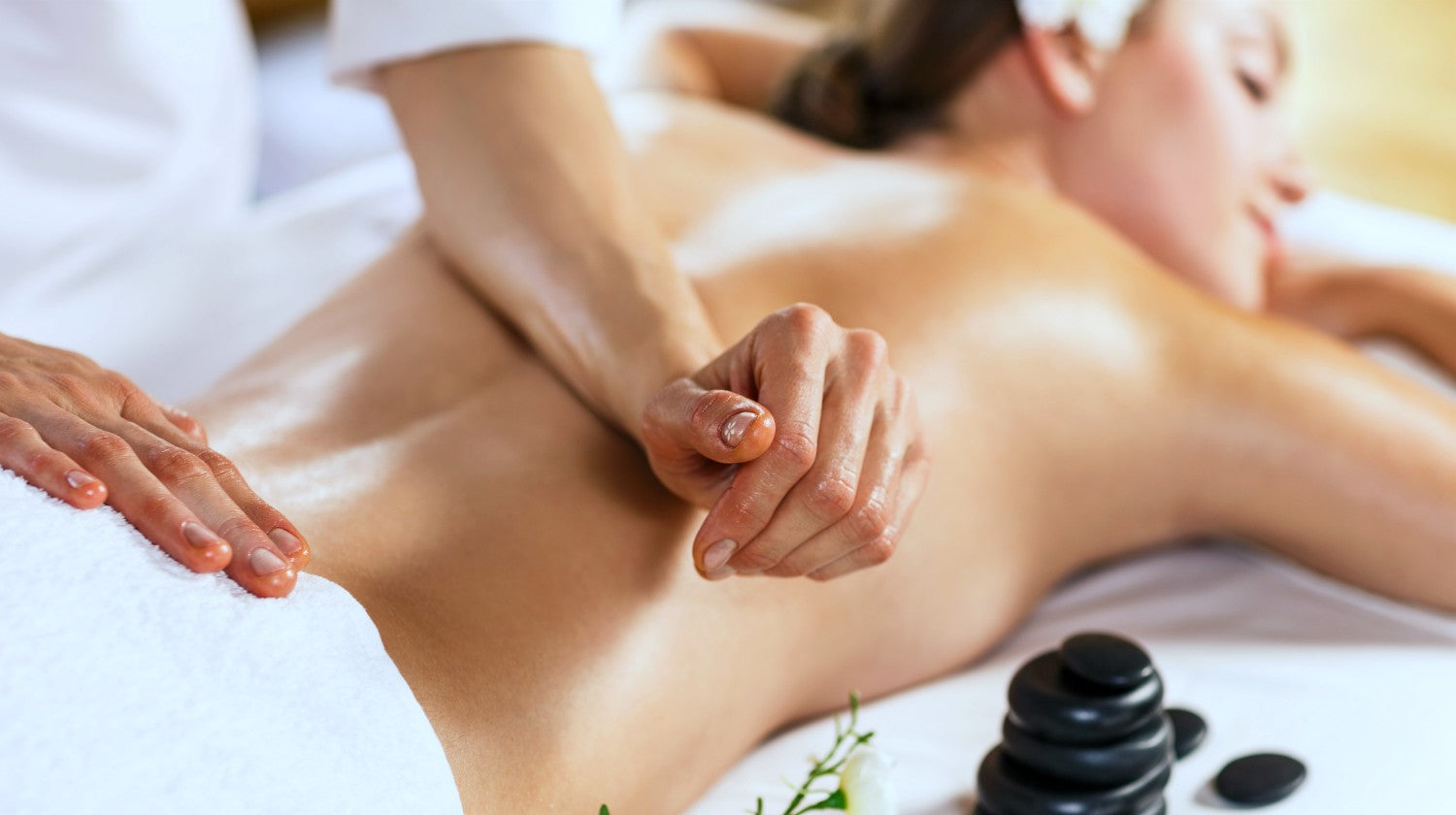
One of the top-rated advantages of massage therapy is the relief from stress. Everyday stressors could lead to a build-up of tension within the body, particularly on areas like the shoulders, neck and the back. Chronic stress, when left unaddressed, can result in more serious problems with health, such as headaches, anxiety, as well as digestive issues. Massages employ various techniques, such as tapping, kneading or longer strokes, in order to relieve the tension in the muscles. This process helps to lower cortisol levels which is a stress hormone and increase the production of endorphins, which are your body's natural "feel-good" chemicals. In the end, most people report feeling at ease and calm when they have a massage. They also report an impressive reduction in stress and anxiety levels.
The psychological benefits from massage therapy are also significant, providing a respite from emotional and mental pressures of daily life. Massage therapy is known to stimulate releases of the hormones endorphins as well as serotonin which is the body's natural mood boosters, and at the same time, reduce levels of cortisol, a stress-related hormone. This dual action not only creates a sense of calm however it also enhances mental ability to focus and mental capacity. For individuals dealing with depression, anxiety or chronic stress massages can be a soothing escape that fosters a sense of inner peace. Regular sessions can even aid in retraining your body and mind in order to help you cope with the next stresses, providing long-lasting benefits that aren't limited to the table.
The cultural diversity in massage methods is a fascinating aspect of this practice. Originating from different parts around the globe, different styles such as Thai, Balinese, and Shiatsu massages are unique ways for the healing process. Thai massages, for instance, combine stretching and acupressure to increase the flow of energy and flexibility while Balinese massages focus on gentle massages as well as aromatherapy for rejuvenating the mind and body. Shiatsu massages, which are rooted in Japanese tradition, rely on pressing with fingers to align energies. Each style reflects the cultural principles behind them, and provides the client with a variety of experiences and benefits that are tailored to the individual's needs. To obtain new details kindly head to B2bpuchong

Recently the practice of massage therapy has received recognition for its preventative health advantages, and its part in ensuring overall health. By improving lymphatic drainage, massages aid in the development of immunity and aid in the elimination of toxic substances more effectively. Increased blood flow is a key factor in heart health and wellbeing, while reducing tension in muscles eases the strain on connective tissues and joints. Massages are also proven to lower blood pressure and enhance respiratory function, making them a valuable supplement to any routine of self-care. To those who want to take a proactive approach to health regularly, massages are an effective, natural and non-invasive method to increase the body's resiliency against stress and illness.
Sleep quality is another major benefits from massage therapy. Many individuals struggle with lack of sleep or difficulty sleeping due to stress, anxiety or physical discomfort. Massage can help with these problems through promoting relaxation, relaxing tension in the muscles, as well as stimulation of hormones that are associated with sleep such as the hormone melatonin. Massage's calming effects reduce the body's stress response and help people relax and relax for a good night's sleep. By improving blood circulation and easing discomfort in places such as the neck shoulder, back, or neck, massages can aid in falling to sleep and remain in bed. If you suffer from chronic insomnia or difficulty relaxing at night, massages can be an excellent solution to increase overall sleep quality.